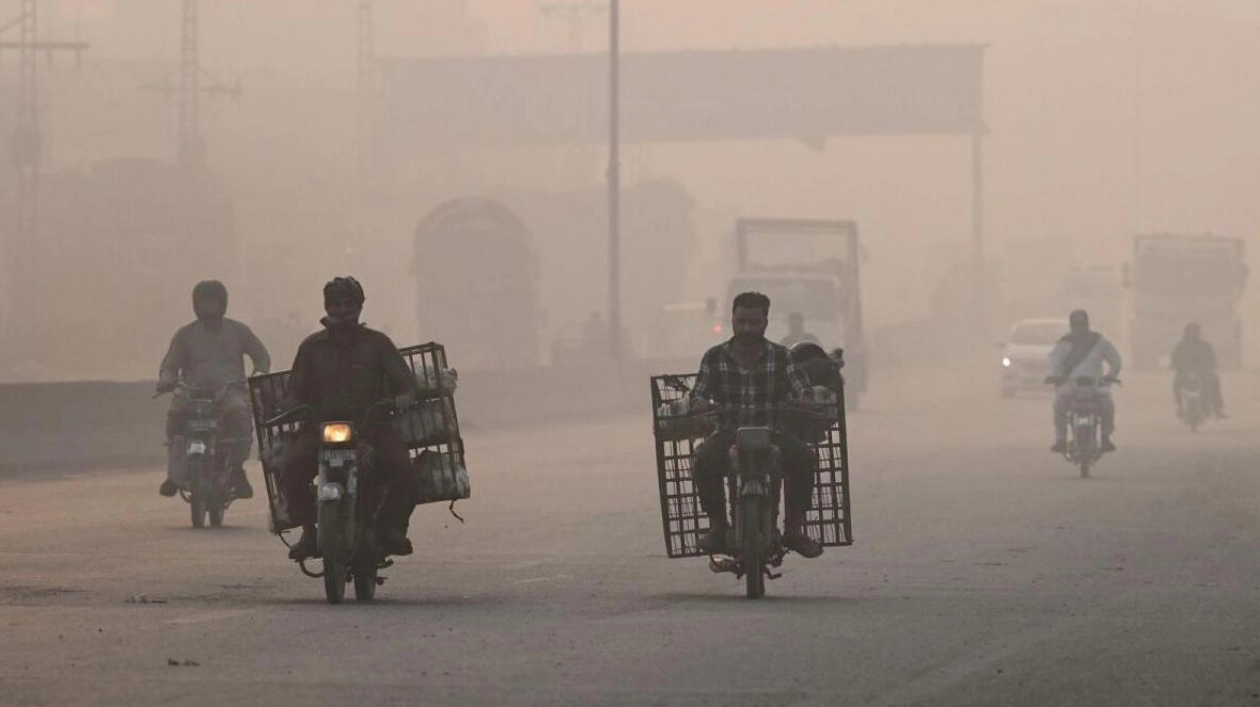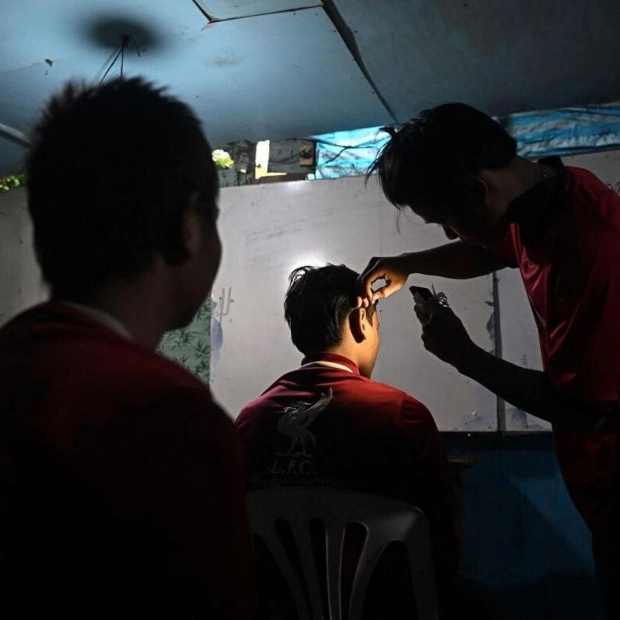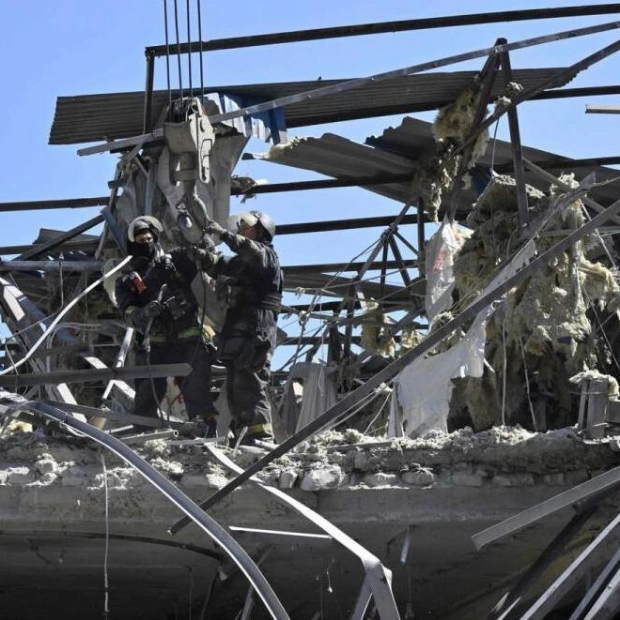On November 2, 2024, commuters navigated through thick smog in Lahore, Pakistan's second-largest city. An official described the air pollution levels as a record high for the smog-ridden metropolis.
For several days, the city of 14 million has been blanketed by smog, a combination of fog and pollutants from low-grade diesel emissions, agricultural burning, and winter cooling. The air quality index (AQI) reached 1,067, far exceeding the 'dangerous' threshold of 300, according to IQAir data.
Jahangir Anwar, a senior environmental protection official, told AFP, 'We have never reached a level of 1,000.' He predicted that the AQI would remain elevated for the next three to four days. The concentration of PM2.5 pollutants, which pose severe health risks, peaked at 610, over 40 times the WHO's healthy limit of 15 in a 24-hour period.
Lilly Mirza, a 42-year-old mother, expressed her anxiety, saying, 'Last year was not this bad, it was much better. Somebody needs to tell us what has happened. Did a pollution bomb explode somewhere?' She felt 'completely terrorised' after attending a sports match in one of the city's pollution hotspots.
The toxic air has dire health implications, including strokes, heart disease, lung cancer, and respiratory illnesses. Smog is especially severe in winter when cold, dense air traps emissions from vehicles and factories.
Rehmat, a 40-year-old painter, commented, 'What can a poor painter like me do if the government can't fix this? I will keep the mask on and work.'
Last month, authorities implemented measures such as banning outdoor exercise for schoolchildren until January and adjusting school hours. New restrictions were also announced for four 'hot spots' in the city, including bans on tuk-tuks with two-stroke engines and unfiltered barbecues.
Government offices and private companies will operate with half their staff working from home starting Monday. Construction work has been halted, and street vendors must close by 8 pm.
Pollution levels exceeding WHO safety standards reduce Lahore residents' life expectancy by an average of 7.5 years, according to the University of Chicago's Energy Policy Institute. UNICEF reports that nearly 600 million children in South Asia are exposed to high levels of air pollution, contributing to half of childhood pneumonia deaths.
Source link: https://www.khaleejtimes.com






